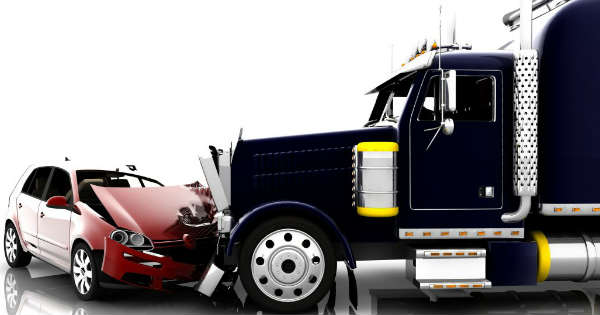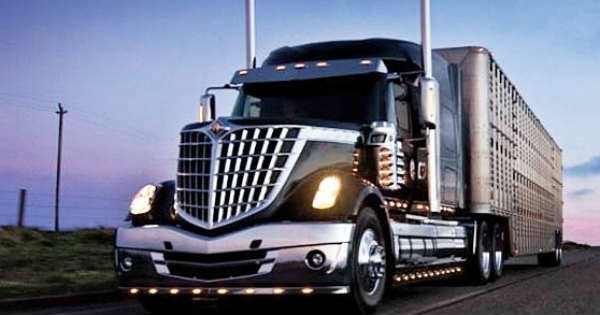There are several notable differences that exist between a car and truck accident. From the size and weight difference between the two vehicles, to the differences in liability and evidence, the two types of claims should be treated as two separate entities. If you are involved in either a car or truck accident, it is important to seek legal guidance in order to understand the nuances of a truck accident claim. Now, let’s dive into some of the biggest differences between the two types of claims.

Extent of Damage
One of the key differences between a car and truck accident is the extent of damage. A truck has a remarkably more devastating extent of damage than a car for obvious reasons. Trucks are oftentimes at least three times bigger in size than cars and weigh much more. An 18-wheeler truck weighs close to 75,000 pounds, which is 15 times more than a car’s weight of about 5,000 pounds. It is not uncommon for car accident victims to experience just a minor injury, or even emerge unscathed. On the other hand, the injuries sustained in a truck accident are usually much more severe and life-threatening.
Liability
Another significant way in which car and truck accidents differ from one another is liability. In a car accident, the party who will likely be held liable for the accident is pretty clear cut. More likely than not, the party who will be held liable is another car driver. With truck accidents, however, there are several different parties that may be held liable for the incident including the truck driver, manufacturer, owner, company, or cargo loader. This is where the expertise of a Van Nuys truck accident lawyer comes in, as they can help you to understand who the liable party is.
Evidence
In both a car and truck accident, evidence is required to help support your claim in court. The majority of car accidents will require accident scene evidence, such as pictures, videos, and eyewitnesses. While having this evidence in truck accidents is also important, additional pieces of information such as black box data, maintenance records, cargo manifests, truck driver data, service logs, and more are also crucial.
Causes
The causes of car and truck accidents also differ from one another. However, there are also many overlapping causes that can be found between the two. Car accidents occur mostly because of drunk driving, texting while driving, speeding, and failing to obey traffic signals.
While truck accidents can also occur because of all the aforementioned reasons, there are a few differentiating causes. One example is driver fatigue. Driver fatigue is very common for truck drivers, as they are driving for extended periods of time throughout the day, often with little to no rest periods. This can be very dangerous to other drivers on the road due to how deadly the impact of a truck can be. Other causes of truck accidents include equipment malfunction, of which can be traced back to poor manufacturing. Although truck accidents are less common, they surely are more deadly.
Unique Truck Accident Laws
To differentiate a car accident from a truck accident, let’s look at some laws that are distinctive to the cases of a truck accident. These laws include the following:
Hours of Service Regulations
The hours-of-service regulations imposed by the Federal Motor Carrier Safety Administration specify that commercial truck drivers can’t drive for more than 11 hours a day. It also states that they can’t remain on duty for more than 14 hours a day and can’t drive without resting for a minimum of 10 hours.
Record-Keeping Laws
Truck drivers and trucking companies must maintain driver qualification records, personal data records, alcohol and drug test reports, hours-of-service compliance, and truck maintenance records.
Blood Alcohol Concentration
Truck drivers must maintain a lower blood alcohol concentration (BAC) level. The law prevents them from driving a truck if their BAC goes above 0.04, which is lower than the standard of 0.08. These unique laws look to regulate truck drivers and commercial trucks and help limit catastrophic truck accidents.






















